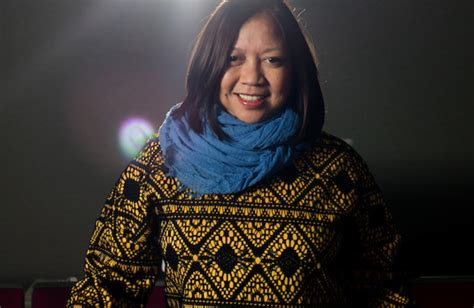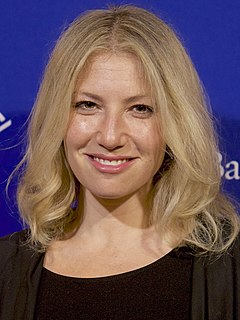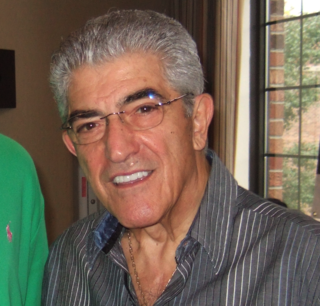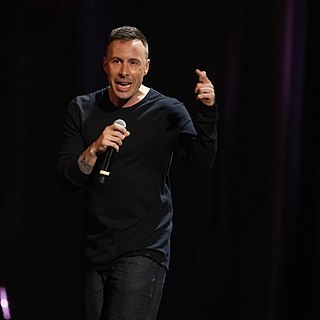A Quote by Liz Tuccillo
[Writing] books is really fun because your "voice" is pretty undiluted. There is a very direct connection between yourself and your audience. You will have an editor, but their job is to help you clarify or improve your voice, not change it.
Related Quotes
We're so lucky to be living in this day and age when technology - the tools to tell our stories - is so accessible. However, content still reigns supreme. So find your voice, your unique voice, it's there inside of you. Find it, define it, write it down on paper, hone it, and clarify it. Everything else is just technology which will help you tell your story.
Write like you write, like you can't help but write, and your voice will become yours and yours alone. It'll take time but it'll happen as long as you let it. Own your voice, for your voice is your own. Once you know where your voice lives, you no longer have to worry so much about being derivative.
The professions of novelist and journalist are very separate. As a novelist, you are ultimately working for yourself. Yes, you need the approval of a publisher and an audience, but what is valued in fiction writing - style, individual voice, insight - is scorned by the editor who is combing through your newspaper article.
In stand up every joke is thought about so meticulously, and one word can completely change how the audience responds. You're up there with no safety net; you can't shirk responsibility. It's your thoughts; it's your voice. You can't blame it on the writing, you can't blame it on the editor. You are just up there completely naked.
We're always being told 'find your voice.' When I was younger, I never really knew what this meant. I used to worry a lot about voice, wondering if I had my own. But now I realize that the only way to find your voice is to use it. It's hardwired, built into you. Talk about the things you love. Your voice will follow.
I recognize thart even you, yourself, will change. Your ideals will change, your tastes will change, your desires will change. Your whole understandings of who you are had better change, because if it doesn't change, you've become a very static personality over a great many years, and nothing would displease me more. And so I recognize that the process of evolution will produce changes in you.
My commodity as a writer, whatever I'm writing about, is me. And your commodity is you. Don't alter your voice to fit the subject. Develop one voice that readers will recognize when they hear it on the page, a voice that's enjoyable not only in its musical line but in its avoidance of sounds that would cheapen its tone: breeziness and condescension and clichés.
There's this pet phrase about writing that is bandied around particularly in workshops about "finding your own voice as a poet", which I suppose means that you come out from under the direct influence of other poets and have perhaps found a way to combine those influences so that it appears to be your own voice. But I think you could also put it a different way. You, quote, find your voice, unquote, when you are able to invent this one character who resembles you, obviously, and probably is more like you than anyone else on earth, but is not the equivalent to you.
But I'm pretty lucky with my voice. When I first started touring I went to see a woman to give me some coaching on how not to lose my voice. And she was just saying really your voice is a muscle so if you're using it all the time you should actually come back from tour with a stronger voice than you left with. And that's really how I find it.
As soon as you direct such a question outward to your fellow man and not inward to yourself, you have set yourself on a judgment seat and thereby judged yourself. You have robbed yourself of what you had won by your own continence; you have taken one step forward but ten backward: and then you have reason to weep over your obstinacy, your failure to improve, and your pride.
There's this pet phrase about writing that is bandied around particularly in workshops about "finding your own voice as a poet", which I suppose means that you come out from under the direct influence of other poets and have perhaps found a way to combine those influences so that it appears to be your own voice.




































